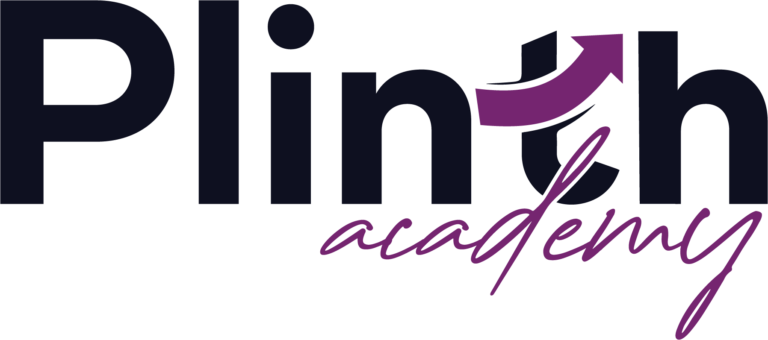Interactive Online Tutoring in the Middle East
Education is changing really fast, an online tutoring is a big part of it, especially in the Middle East. Places like Saudi Arabia and nearby countries are using interactive online learning more and more. People prefer it because it’s easy, flexible, and personalized. This way, students and organizations can learn new things to stay updated with the advanced world today.
The Success of interactive online tutoring over the traditional schooling system
In recent years, there has been a notable surge in the popularity of online tutoring, also known as online or remote schools, particularly in the Middle East. These virtual schools offer students the flexibility to access education from any location and at any time, providing a successful alternative to the traditional in-person schooling system in the region.
- A major factor contributing to the success of interactive online tutoring in the UAE is the region’s high level of technological adoption. With one of the highest rates of internet and smartphone usage globally, students find it easier to engage in interactive online learning. In addition to this, strong government support has played an important role, with many countries investing in the development of online education infrastructure. This support ensures that online tutoring in the Middle East can provide high-quality education to their students.
- Flexibility is another significant contributor to the success of online tutoring in the Middle East. Students can access course materials and participate in class discussions according to their own schedules, as long as they meet assignment deadlines. This flexibility is particularly attractive to students with additional commitments, such as employment, family care responsibilities, or residing in different time zones. Moreover, virtual schools in the Middle East often offer a more vast range of courses and programs than traditional in-person schools, helping students its programs according to their interests and career objectives.
- The success of online tutoring in the Middle East is also attributed to its ability to offer personalized learning experiences. In contrast to traditional in-person schooling, where tailoring instruction to individual needs can be challenging, virtual schools enable students to work at their own pace. They provide access to different resources like videos, podcasts, and interactive exercises, improvising the learning experience in a way that suits each student’s preferences. This personalized interactive online learning approach is beneficial for students who may struggle with traditional classroom instruction or prefer one-on-one learning experiences.
Looking ahead to 2030, online tutoring in the Middle East could potentially become a more mainstream option for students. As online tutoring becomes increasingly familiar to students and families, virtual schools like Plinth Academy may attract a broader range of students, leading to increased enrollment and expanded course offerings.
EdTech and AI have transformed online tutoring in the Middle-East
The Middle East is also making changes in education. They are making all academic textbooks digital, and this is helping their education system improve. Especially in Dubai, education has gotten much better, and lots of students from other countries come to study there.
Technology like conversational AI (artificial intelligence) is also making EdTech grow worldwide. The Middle East, especially countries like the UAE, Qatar, and Kuwait, has a great chance to become a big part of online tutoring. They have good technology and get a lot of international investment, making them a link between Eastern and Western countries. Last year, there were way more investments in EdTech (education technology) compared to before. The global EdTech market was around $76.4 billion in 2019, and it’s expected to keep growing at a rate of 18.1% every year from 2020 to 2027. In the Middle East, only $1.26 million out of the $20 million invested in EdTech startups in 2019 went there. But because EdTech is growing so much, there are now more EdTech companies and online tutoring in the Middle East.
Some schools are going beyond just mixing in-person and online classes—they’re using artificial intelligence (AI) in their lessons. Private and online tutoring services are also getting tech-savvy, using AI, augmented reality, virtual reality, robotics, and blockchain. Students are even starting to use AI for more interactive online learning. A recent report predicts that the market for these tech tools in the Middle East and Africa will grow from $3.5 billion in 2019 to over $7.6 billion by 2027. In Saudi Arabia alone, the e-learning market reached $1.6 billion in 2021, and experts think it will double by 2027.
Traditional classrooms are changing, too. Teachers are using videos to explain things better, and there’s a new digital school called KITMEK. It’s the Middle East’s first interactive digital school taught by an AI teacher. It operates in a game-based world, offering a global curriculum from kindergarten to grade 5 for just $1 a month. Anand Kadian, CEO of KITMEK, believes that digital schooling and AI teachers are the future, offering high-quality education customized to each child’s learning abilities. The online tutoring covers regular subjects and also offers extra classes in phonics, life skills, communication, and financial literacy. Students can earn coins by answering questions correctly in class, which they can later use to play games on the platform. Kadian says this setup allows children to learn at their own pace through interactive online learning and easily go back to review any topic they want.
Conclusion
Online tutoring is having a huge impact on education in the Middle East. The region has quickly adopted digital tools and technology, especially after the COVID-19 pandemic. The flexibility and accessibility of online tutoring are proving valuable, allowing students to adjust their education based on their schedules and needs.
Furthermore, the Middle East’s commitment to digital transformation in education is evident in the increasing investment and government initiatives to digitize academic resources. The growth of EdTech startups and the use of artificial intelligence in online tutoring highlight the region’s dedication to modernizing its education system. The trend toward online tutoring is expected to continue shaping the educational experience for Middle Eastern students. The emergence of interactive online learning schools and innovative teaching methods shows a dynamic shift toward a more tech-savvy and inclusive educational environment. Despite difficulties, the ongoing evolution of online learning in the Middle East indicates a big change for the future of education in the region.
Frequently asked questions


